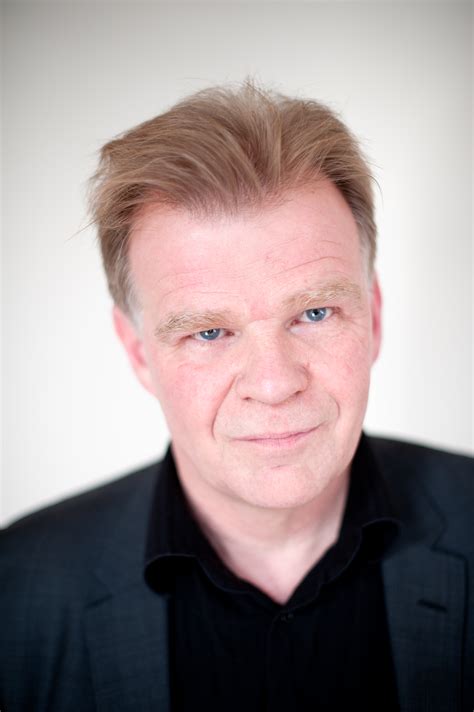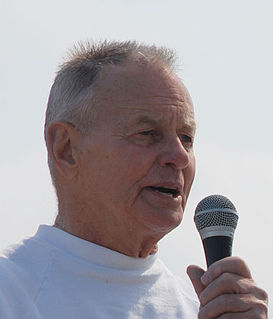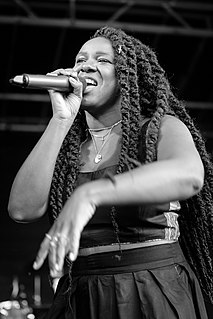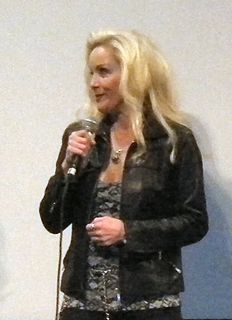A Quote by Bill Maher
I don't dislike children, I just don't particularly want to be around with them a lot. Problem is, neither do their parents.
Related Quotes
There’s a belief now that the problem with our schools is parents, that if we just had better parents we would have better performing kids and, therefore, we wouldn’t have a problem at all. But what’s missing in that equation is that you do have a lot of parents in this country who are very involved in their children’s education and who do want something better. They want to see better for their kids. They know that they’re in schools that aren’t performing particularly well and if you look at how we treat those parents, it is quite poorly.
International adoption does not begin to solve the problems of the world's orphaned children. It's truly not the answer. At the same time, it solves a problem for a few. I think it can be a brilliant solution to the problem of adults wanting a child in their lives or wanting more children in their lives and the problem of children who want parents in their lives.
Children grow rapidly, forget the centuries-long embrace from their parents, which to them lasted but seconds. Children become adults, live far from their parents, live their own houses, learn ways of their own, suffer pain, grow old. Children curse their parents for their wrinkled skin and hoarse voices. Those now old children also want to stop time, but at another time. They want to freeze their own children at the center of time.
With 28 million children eating lunch at school every day in the United States, I believe government has an obligation to ensure parents have some peace of mind when they send their children off to school in the morning, .. Since children are particularly vulnerable to foodborne illness, schools must be vigilant in their efforts to ensure that cafeterias are not putting children at risk. These changes in law will support parents who want to work with school principals and food-service directors to ensure a safe environment.
It is misleading to discuss recent changes in family life without emphasizing the fact that for generations some Americans have had to raise children under particularly appalling pressures. Although much of what is worrying American parents is shared by them all, the most grievous problems are those that especially afflict a large minority--the poor, the nonwhite and, in various ways, the parents of handicapped children.
I really put the fear of God into my son, because children are such sponges. The earlier you teach them the law of the land, the easier they'll accept it as an adult. I think parents who shelter their children are making a huge mistake. Kids are really pretty amazing. They can handle a lot. It's just us parents. We think we need to protect them, and then when the real world comes in, they're shattered. So I think I did the right thing in my parenting.
What parents said they valued most were discussions with teachers and heads, and what they wanted was more descriptive information in their children's school reports. This is particularly true for primary schools. Parents wanted to know much more than just how their children were doing academically.


































